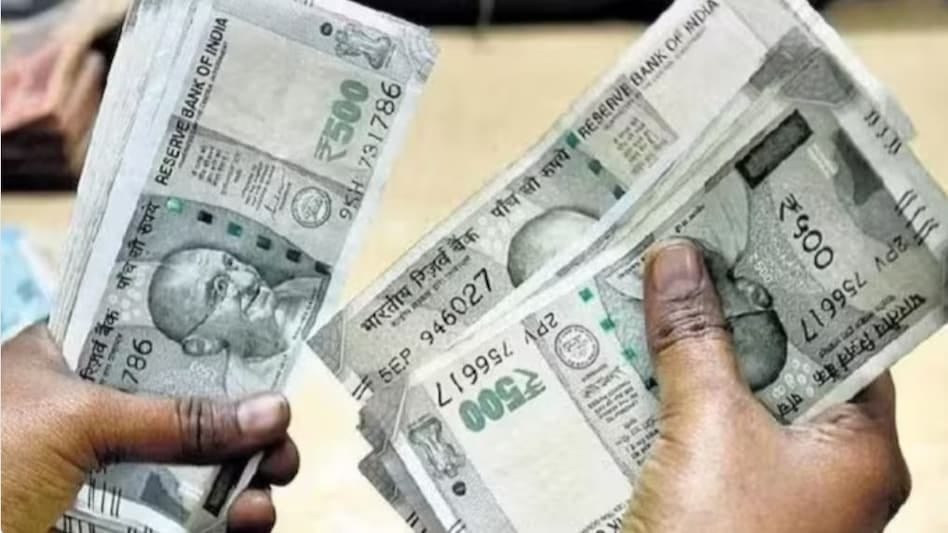Here is all you need to know about 8th Pay commission

Here is all you need to know about 8th Pay commission
The anticipation surrounding the formation of the 8th Central Pay Commission has intensified as the Indian Railways Technical Supervisors’ Association (IRTSA) has formally requested its establishment. Central government employees and pensioners eagerly await updates on this crucial development, which could significantly impact their salaries and allowances.
In a letter addressed to the Ministry of Personnel, Public Grievances, and Pensions under the Department of Personnel and Training (DoPT), the IRTSA emphasized the urgent need for the formation of the 8th Central Pay Commission.
This commission, if established, would be tasked with thoroughly examining existing disparities and anomalies in the salaries and allowances of government employees.
Key Demands from IRTSA:
The IRTSA’s letter to the ministry outlined several critical demands. Firstly, it called for the immediate constitution of the 8th Central Pay Commission to address existing disparities and rectify anomalies. Additionally, the association stressed the importance of allocating sufficient time to the commission to thoroughly review all aspects related to pay, allowances, working conditions, promotional avenues, and post classifications.
Furthermore, the letter emphasized the importance of soliciting input from all stakeholders during the commission’s proceedings. The association highlighted the historical significance of central pay commissions, which are typically established at ten-year intervals to examine and recommend changes to the emoluments’ structure for central government employees.
Updates Since the 7th Pay Commission:
Since the implementation of the recommendations of the 7th Central Pay Commission in 2016, significant changes have occurred across various sectors. These changes include shifts in government operations, economic dynamics, tax policies, service demands, and poverty levels.
Moreover, the IRTSA noted significant developments in the role of the private sector in public utilities, changes in departmental staffing levels, and the expansion of the National Pension Scheme (NPS) coverage. However, despite these advancements, the association highlighted the prevalence of legal cases across the country related to anomalies in pay levels, promotions, and retirement benefits.
The Need for the 8th Pay Commission:
In light of the ongoing challenges and disparities in government salaries, the IRTSA reiterated the critical need for the establishment of the 8th Central Pay Commission. It emphasized the importance of eliminating existing anomalies and ensuring equitable compensation for all government employees.
Furthermore, the association underscored the importance of administrative reforms and continuous improvement in the quality of public service delivery. It called for the commission to engage with stakeholders and thoroughly examine all aspects related to pay, allowances, and working conditions to address the evolving needs of government employees.








